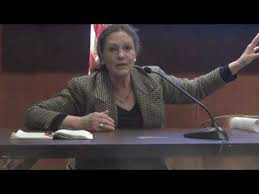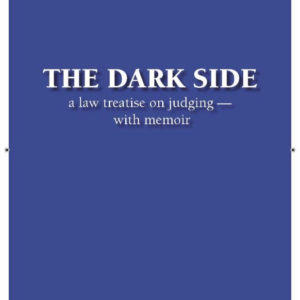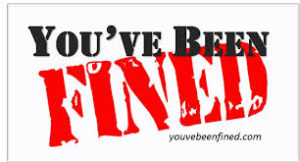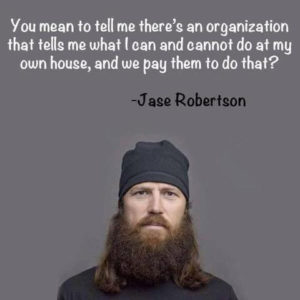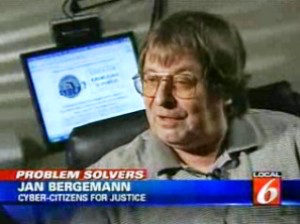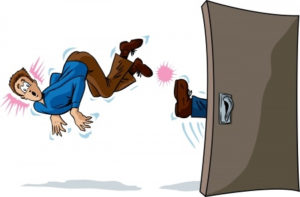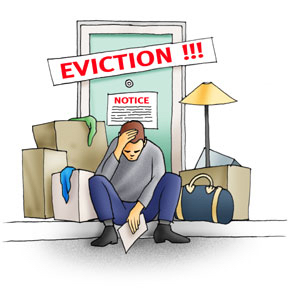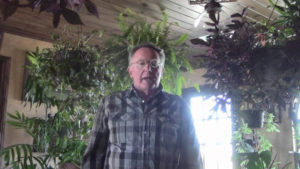Respect, honor, honesty, decency, justice, manners – all have been buried in the past. Once characteristics of civilized citizens they seem to have been delegated to an age gone by as we barge ahead, like a herd of cattle, headlong into the turbulent future. There was a time when children were taught to be polite, to respect their neighbors, to be honest and truthful. It was unthinkable for decent and honorable people to mistreat each other, abuse neighbor’s rights, bully and harass them just because they wanted to be the big gorilla in the neighborhood. Nowadays if Sam the Man across the street decides his neighbor spent too much time crossing a private driveway, Sam the Man, and his brood of thugs, find it perfectly acceptable to chastise and penalize the neighbor. There are fines, followed by threatening letters from their attorneys and finally foreclosure to get rid of undesirable neighbors. The unthinkable has become common place.
But in this brave new world we have created, we always have the courts, don’t we?
Caroline Douglas joins us On The Commons. Caroline, a former attorney, is well versed in the way the courts work. Not being one to turn a blind eye to a lot of the injustices around her, she became a whistleblower. However, since lawyers’ first loyalty is to the courts, Caroline could not alert the public to what really happens “behind closed doors” until she lost her law license. At that point she was able to exercise her First Amendment rights. So she wrote The Dark Side; a Law Treatise on Judging – with Memoir. The book is packed with information but on the show we can only scratch the surface of some of the things that routinely happen behind the scenes. We find out what and how we can protect our rights and we learn about some of the things that are done that are designed to frustrate and intimidate us. Once you know and understand what lies ahead, it is easier to navigate the murky waters of the justice system and come up with your defense and a plan of action. I always feel like I have been drinking from a fire hydrant and that we haven’t even made a dent in all we could learn from Caroline. If you want to contact her you can reach her at [email protected]
Share your stories on: From the HOA Trenches

